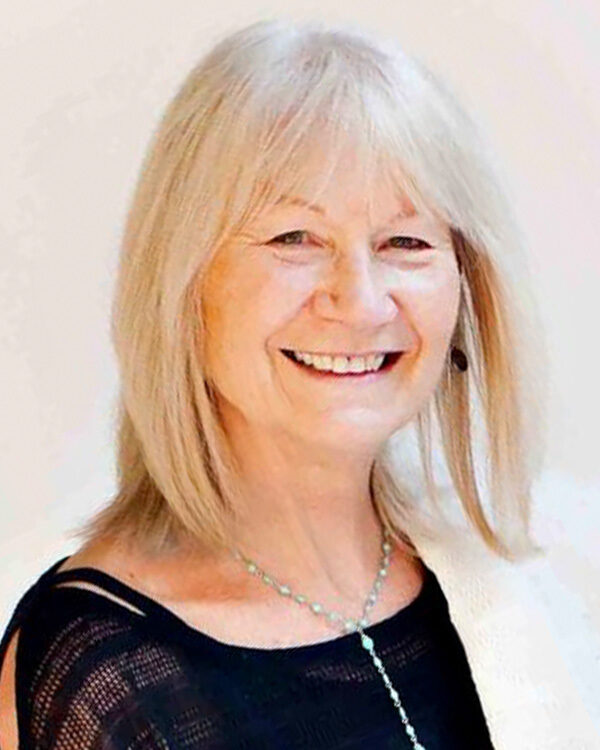Sometimes it is helpful to inquire into whether we are drawn to spiritual practices in order to simply feel good. It's true that when we practice meditation we can experience many moments that are peaceful, even liberating. However, we also see that these moments do not last. Life throws us many curveballs and often we aren't ready for them. Rather than meditative practices being a quick fix, I see them as a way to build a firm ground of support that allows me to meet experiences as they are, hopefully with some balance, without continually overlaying my own personal demands and expectations for how I think things should be. For a long time in my own practice, I could see the habit of trying to find resolution to difficult experiences so that I could return to feeling good. And then I could see myself making every attempt to keep that feeling permanent by continuing to set up as many desirable experiences as possible. Of course, it didn't work and only brought me more dissatisfaction and instability. I blamed myself for this and just kept trying until I got exhausted and discouraged, and perhaps a bit wiser.
By developing mindful awareness and compassion practices, I could open to the truth of the human condition—there is pain, fear,and confusion—without shaming, blaming, or judging myself and others. I found a spacious detachment from experience where I could witness what's occurring without being so overwhelmed by it, whether painful or pleasurable. Without a ground of support that is gained by building these inner resources, I can easily collapse, withdraw, freeze, or I can get caught up in anger and rage that keeps me hooked into my suffering. Developing this ground is what Joanna Macy says gives us “psychological buoyancy.”
By being present with our experience, we will feel sadness and grief at times when we face what's real, but it’s important to understand that this is not the cause of our suffering. This is the way to release it. When we let go of our resistance and drop more fully into our bodies by feeling the sensations moving within, we start to feel more free. Feeling free brings us into a deeper connection with ourselves and others that allows us to feel more intimate contact. We open to the flow of experience through our body sensations and emotions, through our thoughts and memories. We develop a capacity to know our experience in its fullness without being swept away by the strength of emotional forces.
This way of being is what develops a courageous heart—a heart which has the strength and courage to face reality as it is, without turning away or shutting down, or without trying to hold onto pleasurable experiences. And a courageous heart is a compassionate heart—a heart that is sensitive and open and responsive to the painful elements in our life. This is what aids in healing our own wounding and the wounding that is playing out on the world stage.
Spending time in silence, alone and with others, sometimes in connection with nature, is vitally important for this development of the heart. I can put my social personality aside and rest more fully into the present moment. I can feel into my heart of compassion and courage and into the depth of my own wisdom.
Each one of us is an embodiment of loving presence and a holder of wisdom. The more we discover our own nobility and inner grace, these qualities are naturally expressed through us and are what give shape to our world. What is alive for me is to live in a way that expresses these beautiful qualities of heart and mind. As more of us live in this way collectively, there will be more peace and good will in our world. May it be so.
